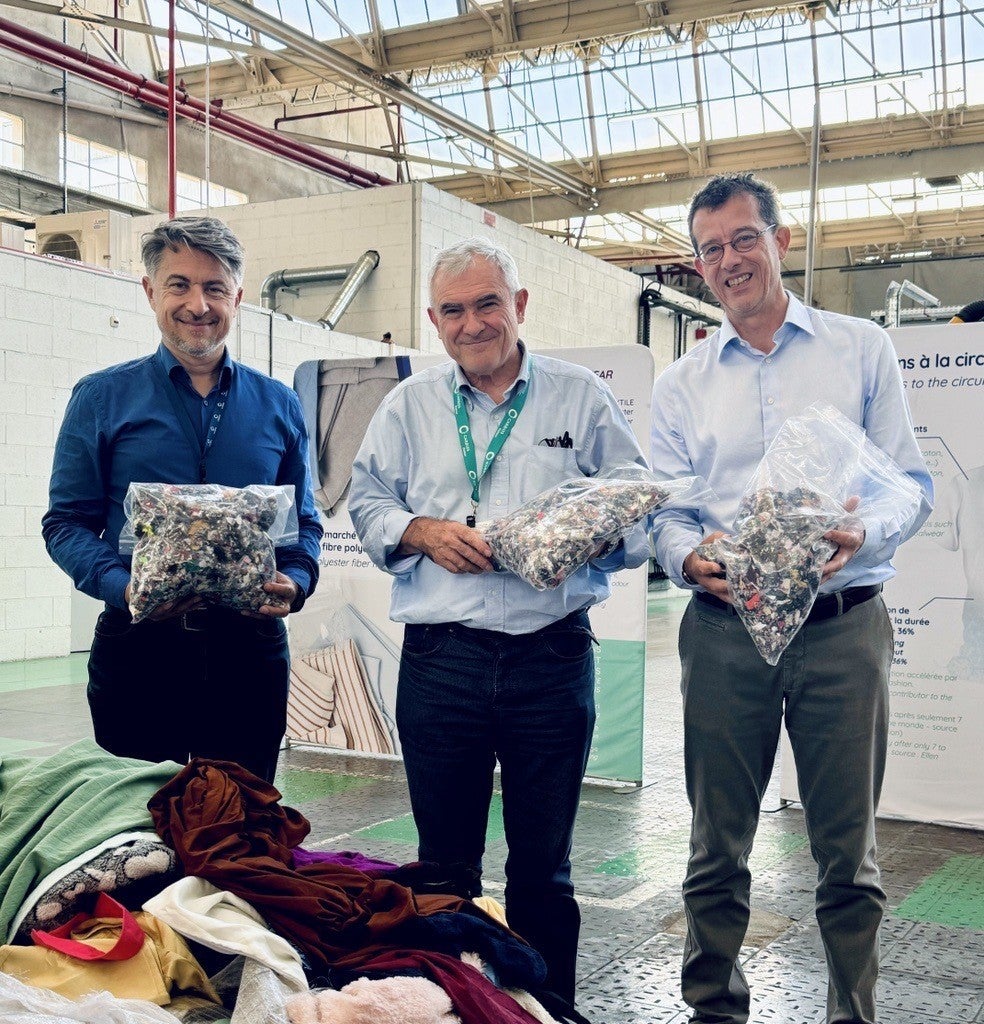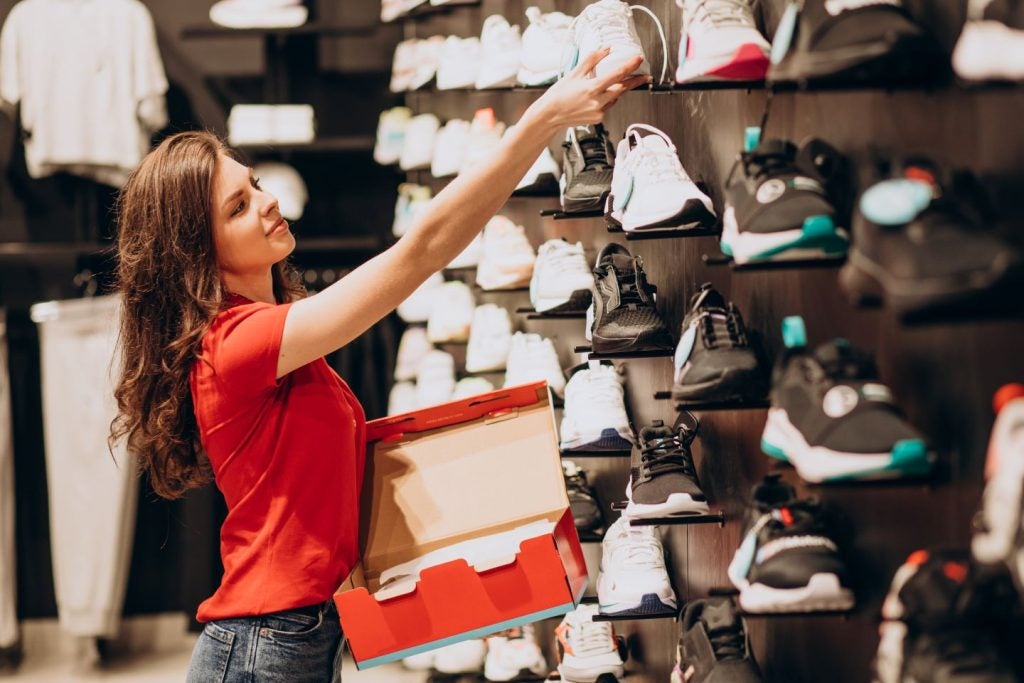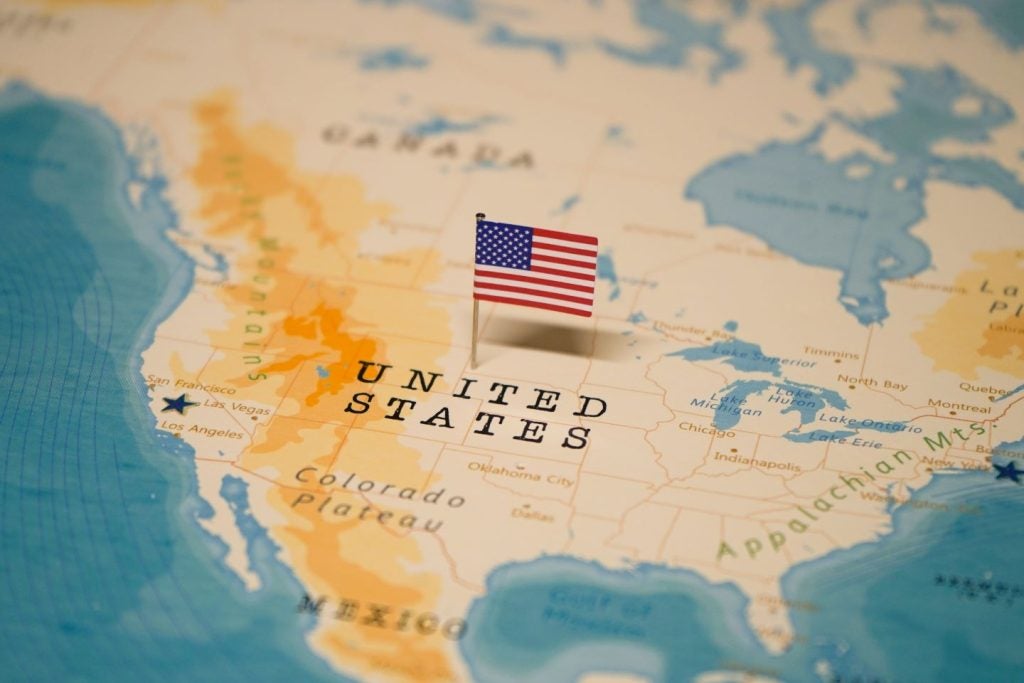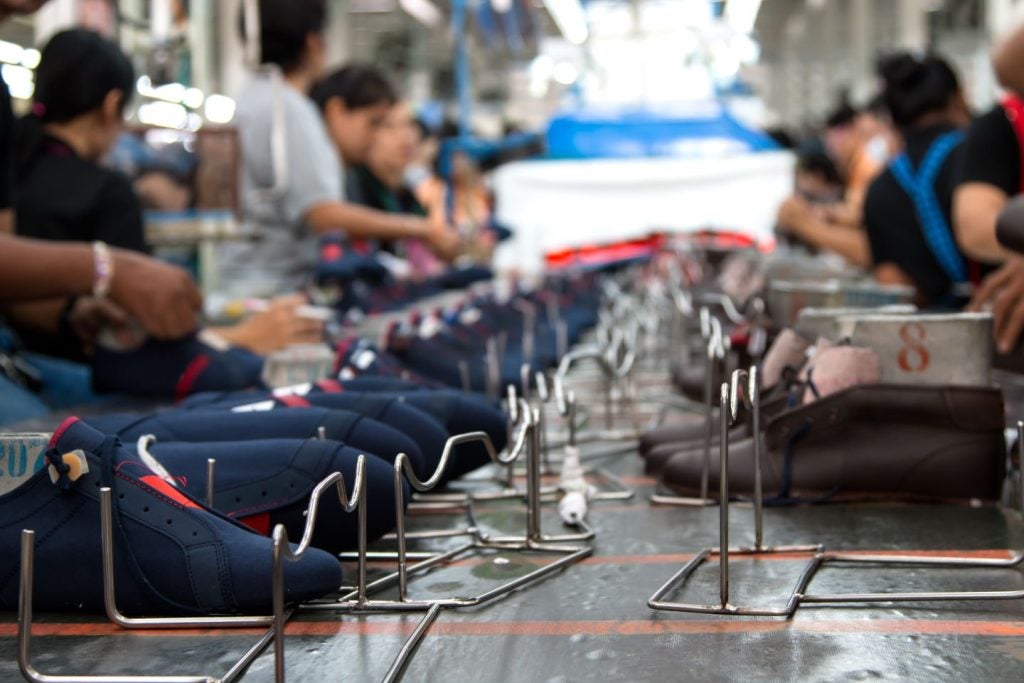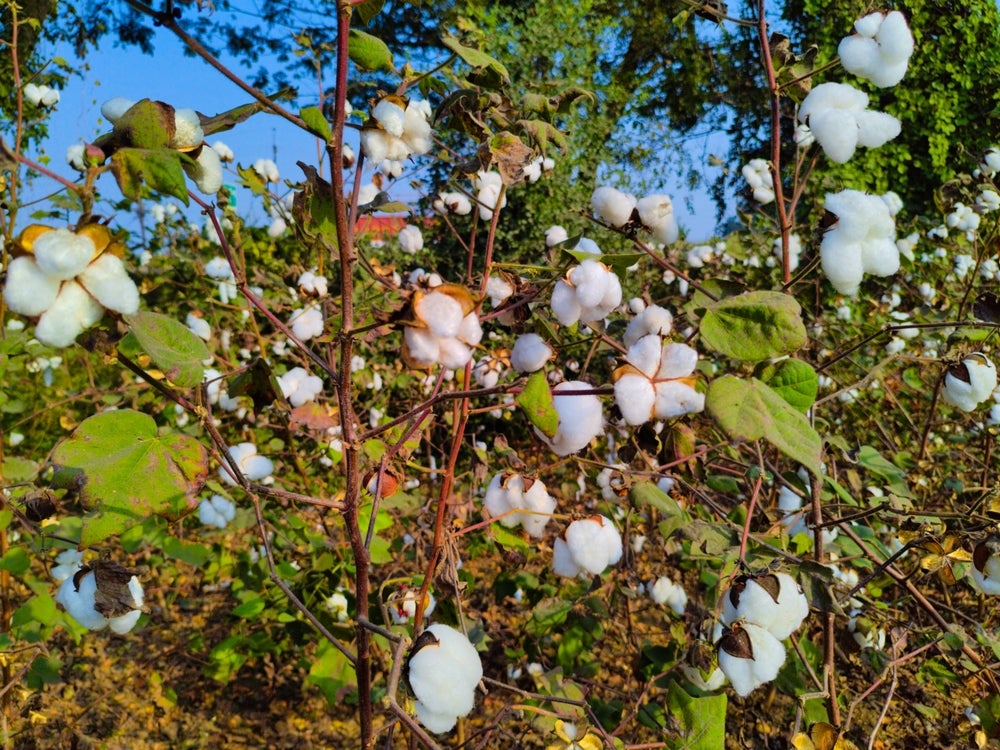The five-year contract covers a volume of 5,000 tons per year of prepared polyester textiles from the end of 2026.
The polyester textiles supplied will come from used or end-of-life textiles prepared in France by Nouvelles Fibres Textiles for recycling using Carbios' enzymatic depolymerisation technology.
Nouvelles Fibres Textiles and its various partners opened a unique semi-industrial site with an annual capacity of 1,000 tons in November 2023, the first step towards building a 20,000-to-30,000-ton unit in 2026. This first site, a research centre for textile recycling, combines the know-how of Andritz Laroche, Pellenc ST, Synergie TLC and and the Tissages de Charlieu group. This unit transforms used textiles into high-quality raw materials, supplying the various industries that use textile fibres (such as non-wovens, insulation, plastic and textiles) by automatically sorting them by composition while eliminating hard points (such as buttons, zips and patches).
Carbios CEO Emmanuel Ladent said: “Carbios is known as a biotech company, but we're also a player in the textile industry. We actively collaborate with innovative companies like Nouvelles Fibres Textiles to create a truly circular economy for textiles. As demonstrated in the packaging sector, the introduction of large-scale polyester recycling solutions will catalyse the structuring of collection and preparation infrastructures. Together, Nouvelles Fibres Textiles and Carbios demonstrate that the French industry continues to develop, thanks to the complementarity between the various links in the value chain, from collection and preparation to recycling.
Eric Boël and Etienne Wiroth, co-directors of Nouvelles Fibres Textiles, added: "The textile industry is emblematic of all the excesses of our overconsumption. One of the most effective responses ecologically, economically and socially is the circular economy, because it preserves resources and boosts industrial sovereignty and local employment. But the extraordinary variety of textiles blocks its large-scale deployment. This obstacle is removed with the new technologies implemented such as the enzymatic depolymerisation of Carbios and automated sorting by composition, but also and above all, by the links woven between companies in this entire new circular value chain, so that this industry is now emblematic of an industry that does good for people and the planet from producer to consumer."


